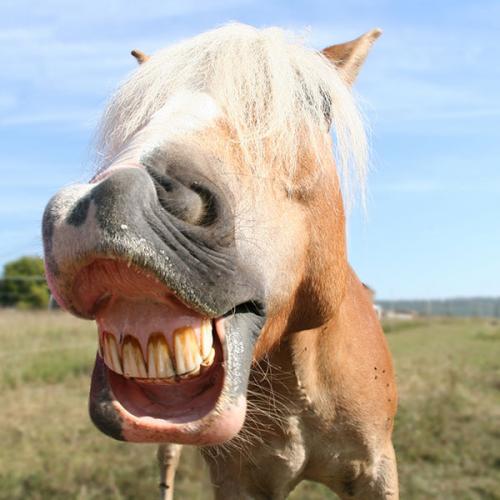There are lots of trainers – good trainers and bad trainers. This is a conversation that comes up a lot with equestrians of all disciplines and all skill levels. When is it time to move on from your current trainer?

While advances in equine dentistry have created an area of specialty in veterinary medicine with technological improvements in equipment and facilities, effective routine dental procedures can be performed on the farm.
All dental procedures should be carried out with proper sedation by the veterinarian. Most importantly, sedation addresses pain that the horse would otherwise experience. Additionally, power flotation instruments and full mouth speculums require the horse be relaxed to tolerate the procedure. These advances allow your veterinarian the ability to do a much more effective procedure, is much better tolerated by the horse, and allows you (with the speculum) to visualize what corrective procedures have been performed.
Wolf Teeth Removal
The wolf teeth are actually the remnants of the first premolars. Seen primarily in males and appearing as sharp, needle-like projections in the front of the upper arcades (rows) of teeth, the wolf teeth many times go unnoticed until training begins and a bit is required to be placed. These teeth can interfere with proper positioning of the bit and create performance issues such as poor response to cues, head-shaking, or agitation.
Specialized tools are available to remove these teeth in sedated, standing horses. Another opportunity to remove them is while the colt is under general anesthesia for castration. The gum tissue heals very quickly.
Floating
“Floating” the teeth refers to the smoothing out of the sharp edges (points) on the outside of the upper teeth and the inside edges of the lower teeth. As the teeth of the horse continually erupt (“think toothpaste”) they grind against each other and keep the opposing surface smooth. The outside edge of the uppers do not make contact with the lower teeth and the inside edge of the lower teeth make no contact with the uppers. Due to this offset, these edges get very sharp, causing irritation to the gums and tongue when chewing. Horses eating very slowly, dropping excessive amounts of feed, or salivating excessively when eating may be candidates for a dental evaluation. Performance horses often respond positively to a smoothing of these sharp points by increasing the comfort of the bit in the mouth.
Proper dental care can be performed effectively on the farm. Poor dental health can contribute significantly to poor condition in a horse and increase feed costs. Visit with your veterinarian about having your horse evaluated.
There are lots of trainers – good trainers and bad trainers. This is a conversation that comes up a lot with equestrians of all disciplines and all skill levels. When is it time to move on from your current trainer?
While you are working on New Year’s resolutions for yourself, consider making a few for your horse as well. Here are a few suggestions...
Maintaining a healthy weight is essential for horses as they age. Here are a few tips to help keep your horse fit and trim.
Would you know it if your horse was in pain? Even if you knew your horse was in pain, would you know what type of pain he or she was suffering from?